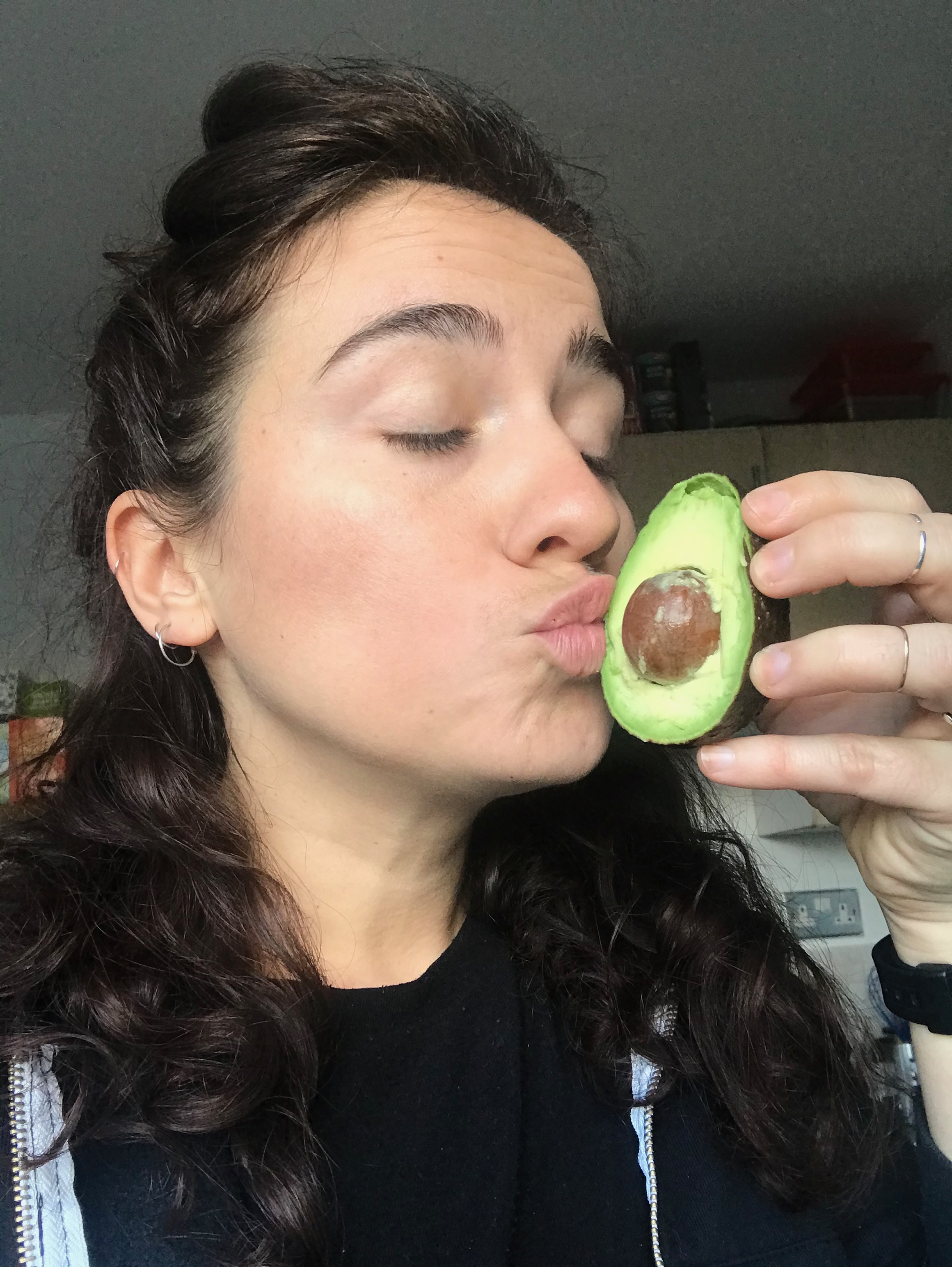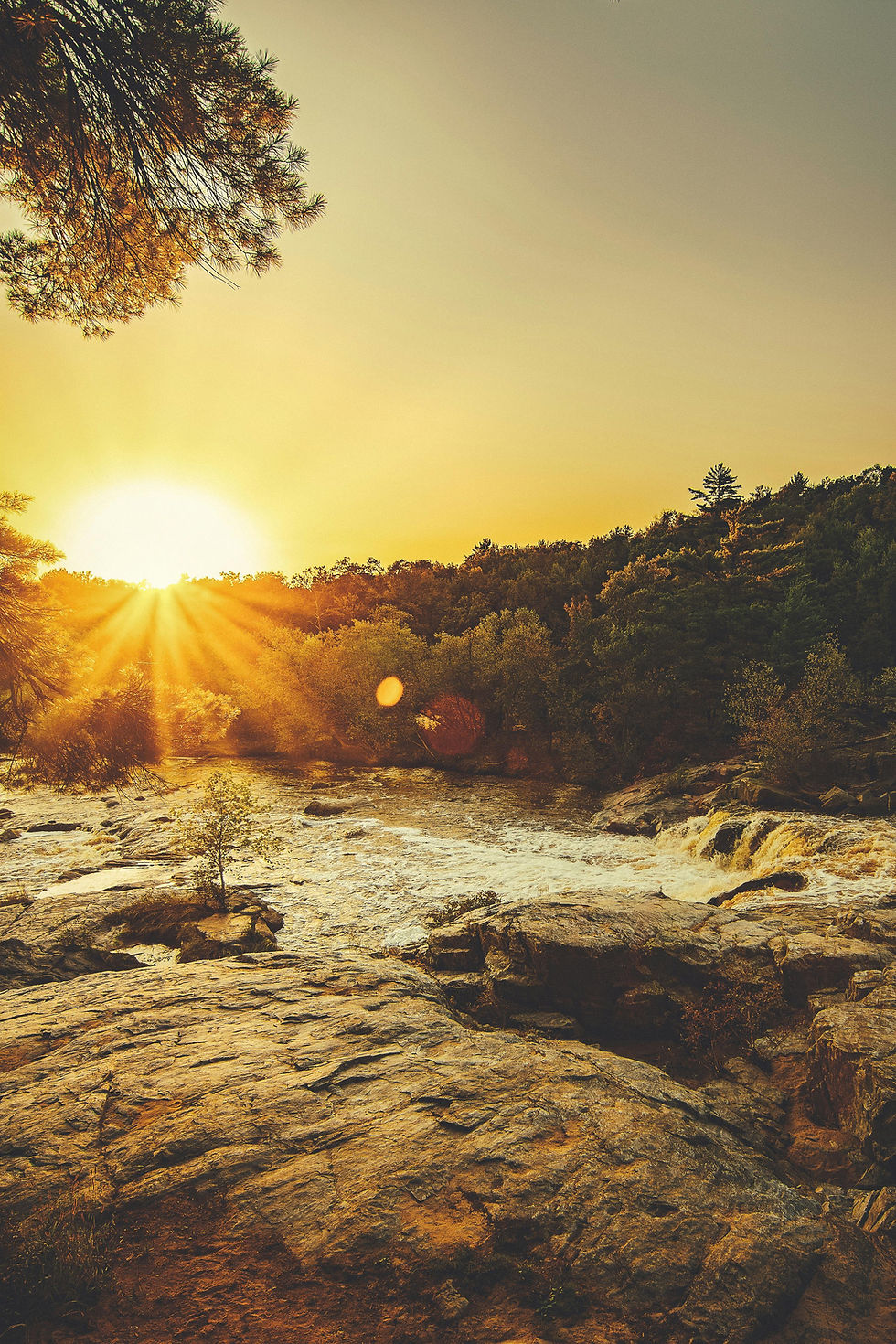How to Have a BIG Impact with Only the Food on your Plate
- Suzi Brown

- Jan 10, 2022
- 5 min read
What if I told you that no matter your background, age, beliefs, or culture, you can decide, right now, to have a positive impact on the world?
I haven’t been vegan for very long, but it is already one of the most important things that I do—the best decision that I make, every day. However, it took me a few months of following a vegan diet before I felt comfortable declaring myself one. When I was a kid, vegans were viewed as militant animal rights activists who would make you feel bad about everything you ate, drank, wore, and believed in. Vegans were just too much, too intense; no one wanted to invite a vegan over for dinner.
The Journey to Veganism
I grew up in suburban New Jersey, where vegetarians were a rare breed and vegans were nearly unheard of. I never even considered the impact of an animal-based diet until I graduated from university in New York, and even then, my food decisions were mostly economical—meat is expensive—or health-related: I feel better when I eat more vegetables and less cheese. For these two reasons, I was mostly vegetarian from the age of 21 onward, though I never thought about it too much. I still ate sushi and ordered my pad Thai with chicken. The majority of New Yorkers are still carnivores, but we tend to be health-conscious enough to not eat meat at every meal, to center our meals around vegetables, to look for “grass-fed” and “free range” when we can if we can afford it. For a while, that was enough.
Not long after, though, I started reading about the environmental impact of eating meat. Environmental awareness has always been important to me and I always did what I could to offset what I saw as inevitable harm. Until recently, I felt that small household changes—recycling, being conscious of water and electricity use, maybe even composting—were all I could do. No one had ever talked to me about food. But then I learned that animal agriculture is one of the main contributors of greenhouse gas emissions, second only to the fossil fuel industry. I learned that, as individuals, making the switch to a plant-based diet is the single most impactful thing we can do to reduce our carbon footprint.

Delicious, home-made vegan meals, photo by Suzi
Ultimately, I realized that if I really cared about the climate crisis, I needed to consider becoming vegan.
It is important to note that such a big shift does not need to happen overnight. In fact, it would be incredibly surprising if it did. A change like this may take months—even years—to adopt fully. And things may trip you up along the way—your Grandma makes you a roast when you visit, you eat a piece of cake for your best friend’s birthday, you really, really, really want to eat that fresh fish when you visit the seaside. And that’s okay. The road to veganism isn’t about deprivation or making your Grandma feel bad, it’s about being mindful of what you put into your body, and understanding that what you eat has inevitable implications for the planet we call home.
The Challenges
I know that in some countries and cultures, eating vegan is more difficult than in others, and not everyone has the same level of access to good-quality food. But most of the inexpensive, bulk food items are already vegan (think rice, beans, lentils, potatoes, pasta, bread), and most vitamin-packed produce is surprisingly affordable. Buying myself a week’s worth of groceries as a vegan costs about $25 USD. If you are worried about your protein intake, let me assuage your fears: a block of tofu that serves 3-4 people will set you back between $2 and $3, and a can of any kind of bean will cost you about a quarter of that. And if you’re thinking, tofu tastes like nothing, I urge you to think about how an unseasoned, boiled piece of chicken tastes.

The vibrant hues of fresh fruit and veg, photo by Suzi
Vegans sometimes get painted as snobs—health nuts or environmental extremists who are out of touch with the way most people live and eat. But from my experience, this is far from true. One of the people in my life who had the biggest impact on my road to veganism was a friend from Chile, who stopped eating meat while living in Mexico because he couldn’t afford it. He stuck with it, however, because his life improved—he got better at sports with his new diet, and his conscience felt a bit lighter too, knowing that the ocean floor wasn’t getting turned up so he could eat a shrimp taco.
I won’t pretend there’s no privilege in being vegan, but it isn’t in the way you might think. Time is a precious resource, and if you decide to be vegan, you may at first need to spend slightly more of it as you adjust your lifestyle: time to think about new foods, new recipes, new ways to feed yourself and your family.
Perhaps the biggest privilege that surrounds veganism, though, is knowledge. If you don’t know about the havoc wreaked on the environment by your dietary decisions, you can’t do anything to change your consumption. But once you know that our oceans are polluted and pillaged, that our forests are cleared and exploited, that unique habitats around the world are destroyed, you might start to question how much you want that hamburger, chicken cutlet, or piece of sushi. At every meal, you can make the active choice to live a gentler, healthier, more sustainable life.

Showing this avocado some love, photo by Suzi
The Reward
I know that becoming vegan is difficult and that in the face of such an overwhelming climate crisis and massive lifestyle change, it can be easier to just think, why bother.
Or maybe you feel that the label vegan is a bit extreme, a bit radical. But being vegan isn’t radical; it’s simple and it’s kind. The way I see it, being vegan is saying no to blood and bones, no to out-of-control greenhouse gas emissions, no to a warming planet, and acidifying oceans.
I know that it is hard—not eating meat is a sacrifice. But isn’t it time we made a sacrifice for our planet? After everything this earth has given us for thousands and thousands of years—food, shelter, resources, a place to call home—isn’t it time we give it something back?
Right this very moment, you have the power to affect change and become part of a global movement towards a less destructive future. You have been given the chance to do something you will always be proud of. Why not take it?
Further Reading
2011, An HSI Report: The Impact of Animal Agriculture on Global Warming and Climate Change, Humane Society International. Retrieved from: https://www.humanesociety.org/sites/default/files/docs/hsus-report-agriculture-global-warming-and-climate-change.pdf



Comments